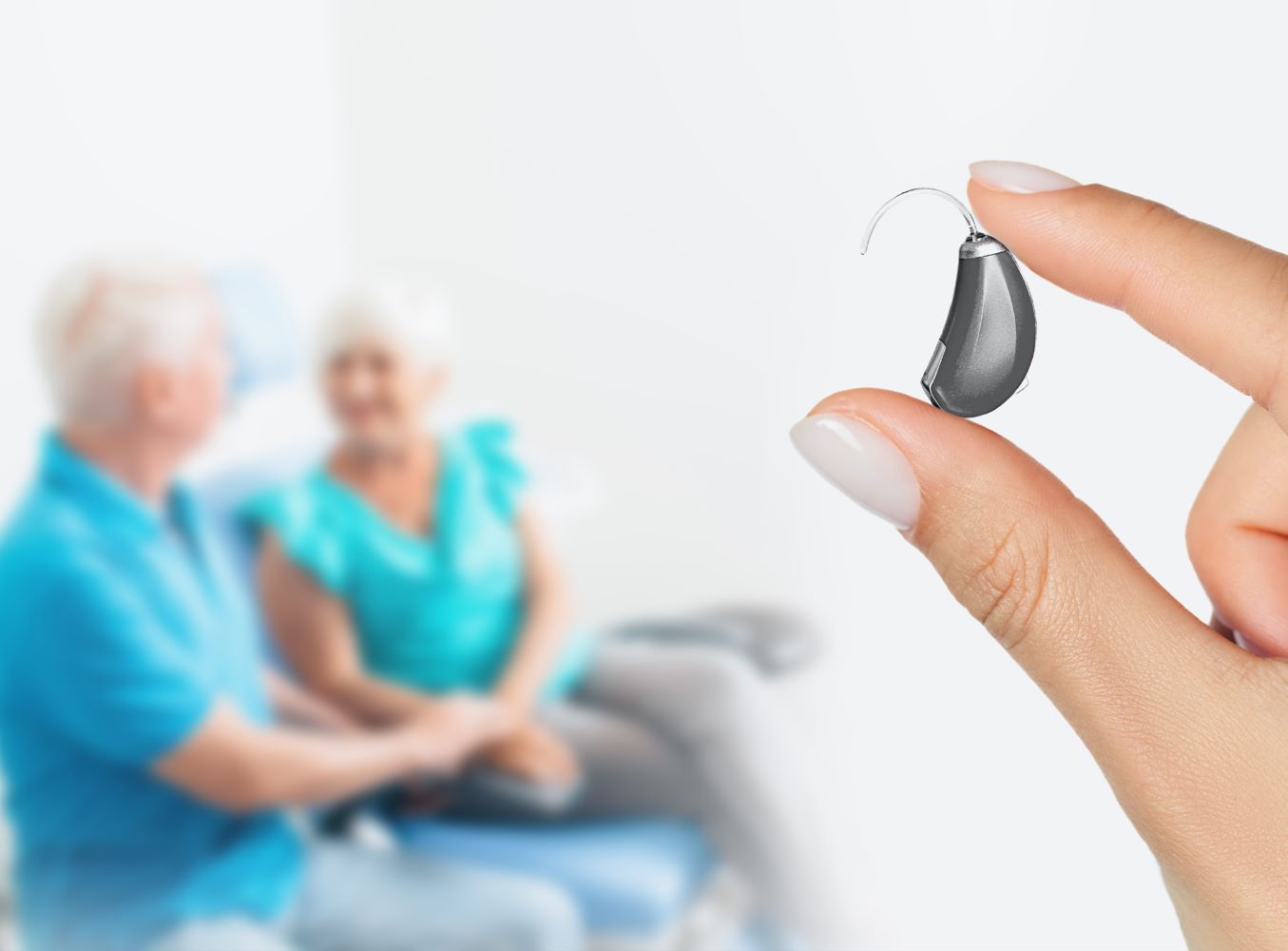Finally, Professional treatment for tinnitus.
Evidence based treatment for debilitating ringing in your ears is here in Charlottesville from the best Audiologists in the area.
If you’re suffering from Tinnitus, you hear ringing, buzzing, sometimes a hissing or whooshing noise. Some even report hearing screeching, dial tones or music!
Understanding your unique experience with tinnitus is the foundation of effective treatment.
Tinnitus affects everyone differently. That’s why we take the time to truly listen to your story, your symptoms, and your goals before recommending any treatments.
Our process:
- Full evaluation, called a Functional Needs Assessment. Hearing loss and Tinnitus are often tightly correlated, so we evaluate for both.
- Consultation and discussion of your particular symptoms
- Exploration of what treatment options are available and the associated costs and insurance benefits that may be available.
- Treatment choice and planning
Our two leading treatment protocols are Lenire BiModal Neuromodulation therapy, and OTO Digital Therapy Program.
Lenire
This is an FDA-approved, non-invasive bimodal neuromodulation device designed to treat chronic tinnitus by reducing symptom severity.
It pairs customized sound therapy through a set of Bluetooth headphones and combines with a mild tongue stimulation (via a Tonguetip) to retrain the brain to ignore tinnitus sounds. This is a 12-week, user-guided program, where more than 80% of all users report significant improvement.
Our clinicians are with you to support and guide you the entire way.
OTO
This is a cognitive behavioral therapy (CBT) designed to focus your attention away from the annoyance of tinnitus and back on the sounds of regular life. Daily evidence-based audio sessions will guide you to reform tinnitus sounds into a less intrusive background noise. This is also a 12-week program. 86% of users report feeling better about their tinnitus after just 1 month.
These two work quite well when used in conjunction. This is something to be discussed at the consultation with your Audiologist.
SNHL (SensoriNeural Hearing Loss) and Tinnitus:
There is a greater than 57% likelihood that anyone over the age of 40 will also experience tinnitus (NIH.gov). What this means is that if you’re over 40, and you’re experiencing Tinnitus, you probably have SensoriNeural Hearing Loss.
The reverse is also true- if you are experiencing Hearing Loss, you’re probably dealing with Tinnitus.
We evaluate for both- and we often have patients deny the hearing loss, until the testing reveals that significant hearing loss is actually present.
Both can be debilitating conditions when left untreated.
Don’t be surprised if you are experiencing one, that you are likely experiencing the other!
FAQ:
-
How much relief will I get from either of these Tinnitus treatments?
Everyone is different, and will have individual results, but the vast majority of those treated experience significant reduction in the severity of their tinnitus symptoms, some having them removed altogether!
-
How much do Tinnitus treatments cost?
Lenire BiModal treatment is $5300.00, and the OTO CBT program is $800.
Maximum relief is often achieved through the use of both.
-
Does Insurance help to pay for Tinnitus treatments?
Sadly, it is very rare for major medical health Insurance companies to carry benefits for Tinnitus treatment- though it does happen. With continued treatment options availability, and use in the market, we hope that the major medical carriers will recognize the need and add these services to their benefits offerings.
-
I don’t have hearing trouble, but I do experience annoying tinnitus- why are you giving a hearing test?
The co-incidence of hearing loss and tinnitus is very high, especially for those over 40. We will start with the most simplified hearing test, and progress through testing, as needed. Eliminating hearing loss as a contributing factor is important for focusing on the proper treatment of presenting tinnitus.




